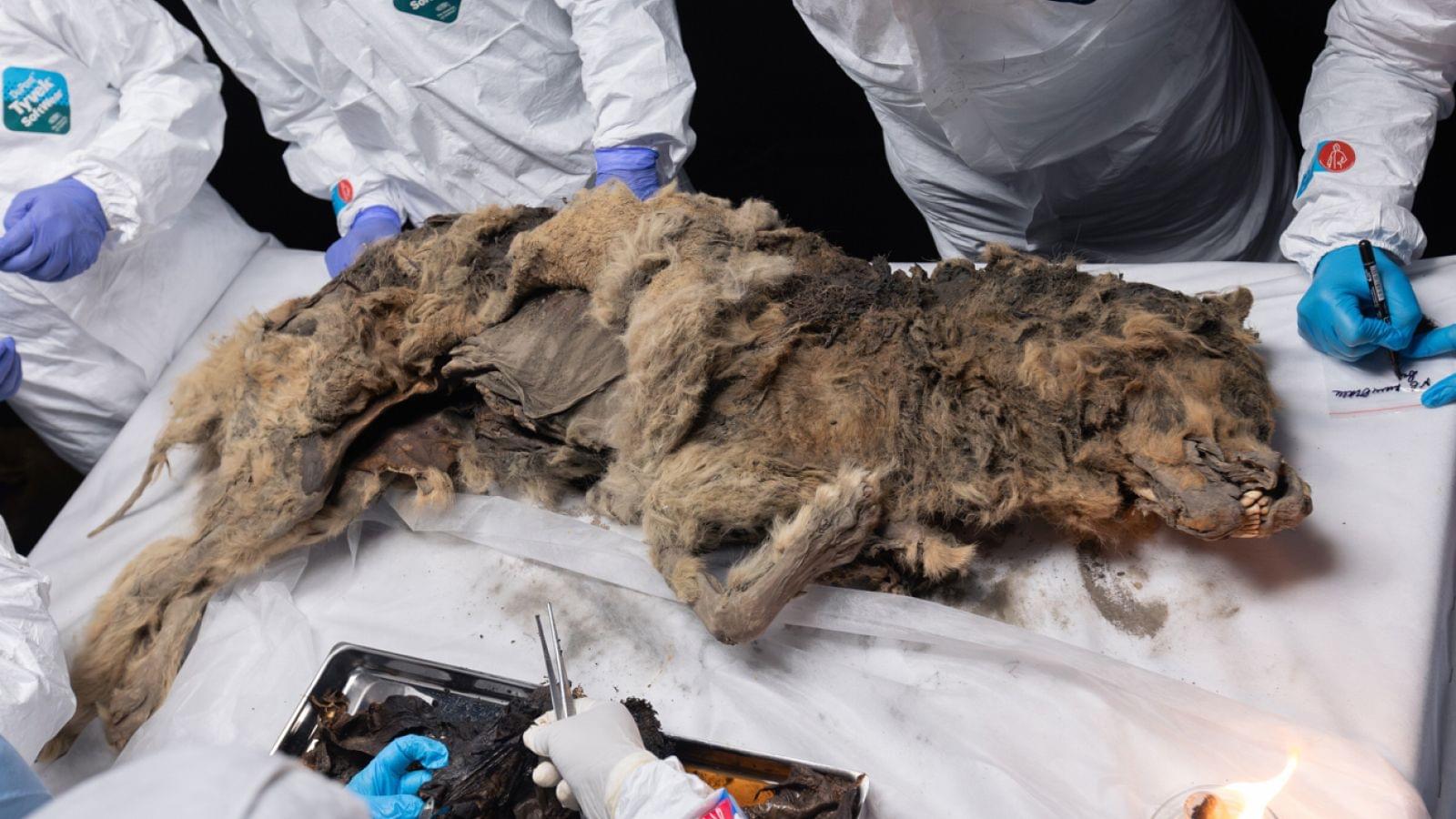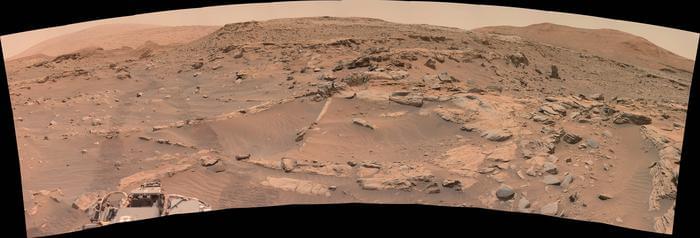CISA warns 54K+ WatchGuard firewalls risk remote exploits via CVE-2025–9242; patches due by Dec 3.






Speaking multiple languages could slow down brain ageing and help to prevent cognitive decline, a study of more than 80,000 people has found.
The work, published in Nature Aging on 10 November1, suggests that people who are multilingual are half as likely to show signs of accelerated biological ageing as are those who speak just one language.
“We wanted to address one of the most persistent gaps in ageing research, which is if multilingualism can actually delay ageing,” says study co-author Agustín Ibáñez, a neuroscientist at the Adolfo Ibáñez University in Santiago, Chile. Previous research in this area has suggested that speaking multiple languages can improve cognitive functions such memory and attention2, which boosts brain health as we get older. But many of these studies rely on small sample sizes and use unreliable methods of measuring ageing, which leads to results that are inconsistent and not generalizable.
“The effects of multilingualism on ageing have always been controversial, but I don’t think there has been a study of this scale before, which seems to demonstrate them quite decisively,” says Christos Pliatsikas, a cognitive neuroscientist at the University of Reading, UK. The paper’s results could “bring a step change to the field”, he adds.
They might also “encourage people to go out and try to learn a second language, or keep that second language active”, says Susan Teubner-Rhodes, a cognitive psychologist at Auburn University in Alabama.



“Our findings show that Mars didn’t simply go from wet to dry,” said Dr. Dimitra Atri. “Even after its lakes and rivers disappeared, small amounts of water continued to move underground, creating protected environments that could have supported microscopic life.”
How long did Mars have habitable conditions for life? This is what a recent study published in the Journal of Geophysical Research – Planets hopes to address as a team of scientists from New York University Abu Dhabi investigated how surface and subsurface environments could have provided conditions suitable for life for greater periods than previously thought. This study has the potential to help scientists better understand past environments on Mars and what this could mean for finding life beyond Earth.
For the study, the researchers analyzed data from NASA’s Curiosity rover, which is currently exploring Gale Crater, a location of ancient water on Mars. The researchers compared data from wind-formed features called dunes, potential ancient groundwater and subsurface water, and analog studies in the United Arab Emirates. Dunes are widespread on Mars and have long helped researchers understand global weather patterns, specifically regarding dust transportation. In the end, the researchers found that dunes interacting with watery environments could be potential locations to search for life on Mars, specifically regarding how they transported water from the surface to the subsurface.


In terms of objects, human touch has typically been understood to be limited to physical touch, where we detect objects through contact with our skin.
However, recent findings in animal have challenged this view. It is known that certain wading birds such as sandpipers and plovers, for example, use a form of ‘remote touch’ to detect prey hidden beneath the sand using their beaks.
Remote touch allows the detection of objects buried under granular materials, such as sand or soil, through subtle mechanical signals transmitted through the material when pressure is applied nearby.
The new study, published in IEEE International Conference on Development and Learning (ICDL), investigated whether humans share a similar capability to touch objects remotely.
The researchers asked 12 participants to move their fingers gently through sand to locate a hidden cube before physically touching it.
Remarkably, the results revealed a comparable ability to that seen in wading birds, despite humans lacking the specialised beak structures that enable this sense in birds.
By modelling the physical aspects of the remote touch phenomenon, the study found that human hands are remarkably sensitive, detecting the presence of buried objects by perceiving small displacements in the sand surrounding them with 70% precision within the expected detectable range.